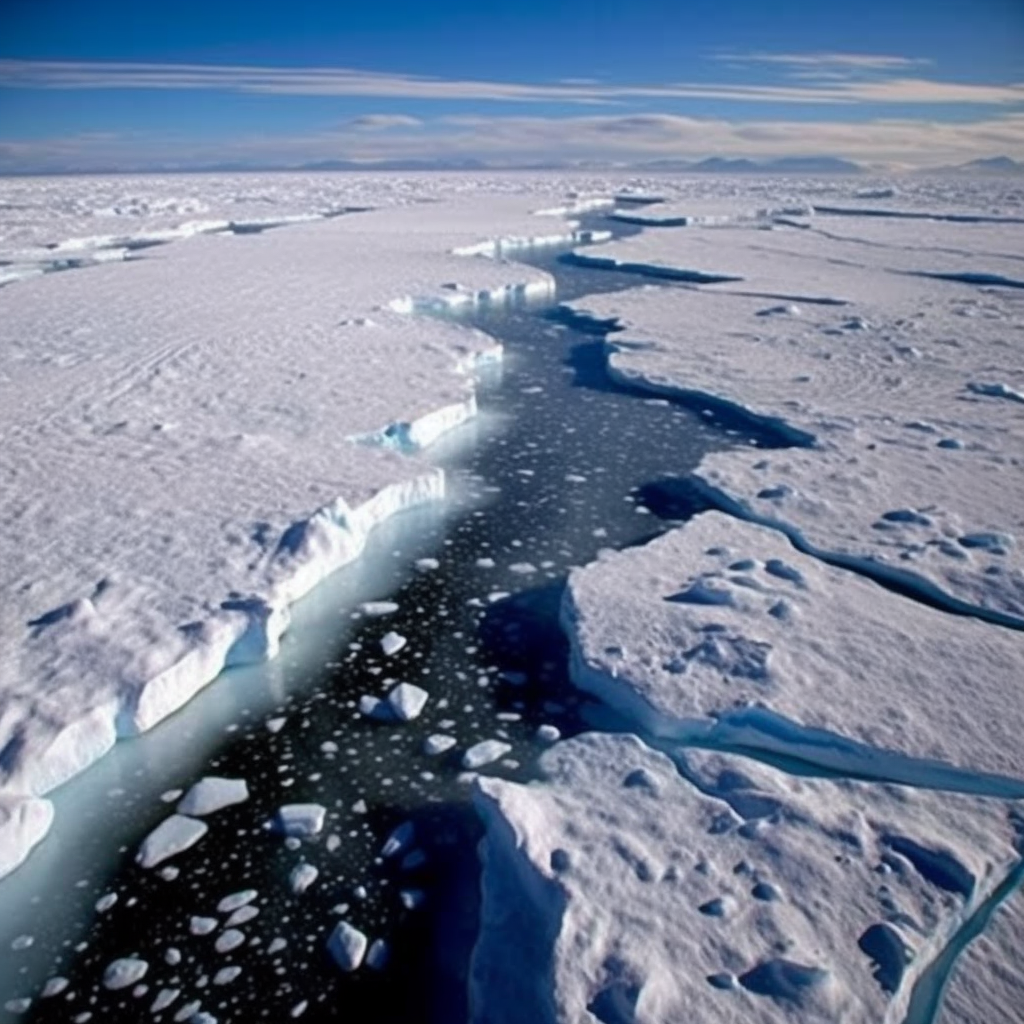July 18, 2024
Unraveling the Antarctic Ice Sheet’s Impact on Future Sea Level Rise
Book a Demo
The Antarctic Ice Sheet’s potential contribution to global sea level rise is a critical factor for climate scientists. Recently, a study led by scientists at Monash University has delved into the impact of regional climate drivers on this icy expanse. The study has been published in Geophysical Research Letters and has shed light on the potential contribution of the Antarctic Ice Sheet to the future sea level rise.
The research emphasizes the urgent need for a comprehensive understanding of how the Antarctic Ice Sheet might contribute to sea level rise. The Intergovernmental Panel on Climate Change (IPCC) sixth Assessment report indicates a potential increase of 40 – 77 centimeters by the end of this century.
The research team has investigated surface ice melt in East Antarctica over the past 40 years. They identified several influencing factors such as air temperatures, snowfall, wind speeds, and cloud cover. The study has also probed into the different types of El Niño’s impact on snowfall accumulation in Antarctica, providing critical insights into the current state of Antarctica and its future contribution to sea level rise.
An international research study revealed that Antarctica’s ice sheets formed differently millions of years ago. This difference in formation might explain why ice is melting faster than predicted today, especially in West Antarctica.
The same study, which involved a multinational research team, examined geological sediment samples and executed complex climate and ice-sheet modeling. This approach has provided key insights into how East and West Antarctic ice sheets respond to external influences and climatic changes.
The research team at Monash University also studied the Southern Annular Mode (SAM) and the El Niño-Southern Oscillation (El Niño). The study filled knowledge gaps in the models used to predict future sea level rise. These models are crucial in understanding potential consequences for coastal communities globally.
This comprehensive research reiterates the urgent need to understand and predict climate change impacts. It underscores the importance of continuous scientific investigation into the multifaceted factors affecting our global environment.
Science4Data is committed to cut through greenwashing and measure real impact. Join the journey to a sustainable future. Your actions matter.



